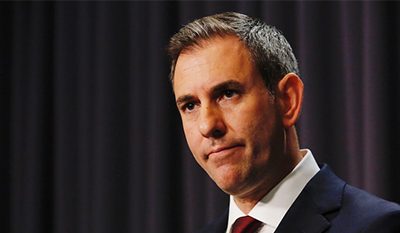
The Albanese Government has announced $14.4 million for emergency food relief programs nationwide to respond to the growing cost of living crisis. Source: The Guardian.
Social Services Minister Amanda Rishworth made the announcement this morning.
In recognition of Australians going through “hard times”, with spiralling numbers of people reaching out to food banks in this cost of living crisis, the Albanese Government says it is “strengthening the support available for Australians experiencing financial crisis”.
Ms Rishworth’s announcement includes funding to be shared between 192 commonwealth-funded emergency relief providers and all three commonwealth-funded food relief providers.
She said there had been “increased demand for their services”, and that the services also helped respond to natural disasters like the recent Queensland floods.
“It is essential we have a strong system of relief to help Australians through the hard times,” Ms Rishworth said.
“We are taking action to ensure the rising number of Australian households reaching out for aid, can access support as they contend with rising cost of living pressures.”
The announcement comes as experts warn that working a full-time job and earning a decent income are no longer safeguards against experiencing severe forms of financial distress, including food insecurity and even poverty, News.com.au reports.
As well as the expected cohorts finding things especially tough of late, crisis support services are being inundated by people with full-time jobs who can’t manage to put food on the table or a roof over their heads – a phenomenon known as ‘the working poor’.
Research by the leading not-for-profit Foodbank puts the consequences of the ongoing cost-of-living crisis into stark context.
The Foodbank Hunter Report for 2023 found 3.7 million households experienced food insecurity over the past 12 months, which is when someone lacks regular access to safe and nutritious meals.
FULL STORY
Minister announces $14.4m for emergency food relief (By Josh Butler, The Guardian)
Full-time jobs, good salaries, struggling to get by – the rise of the ‘working poor’ (By Shannon Molloy, News.com.au)






